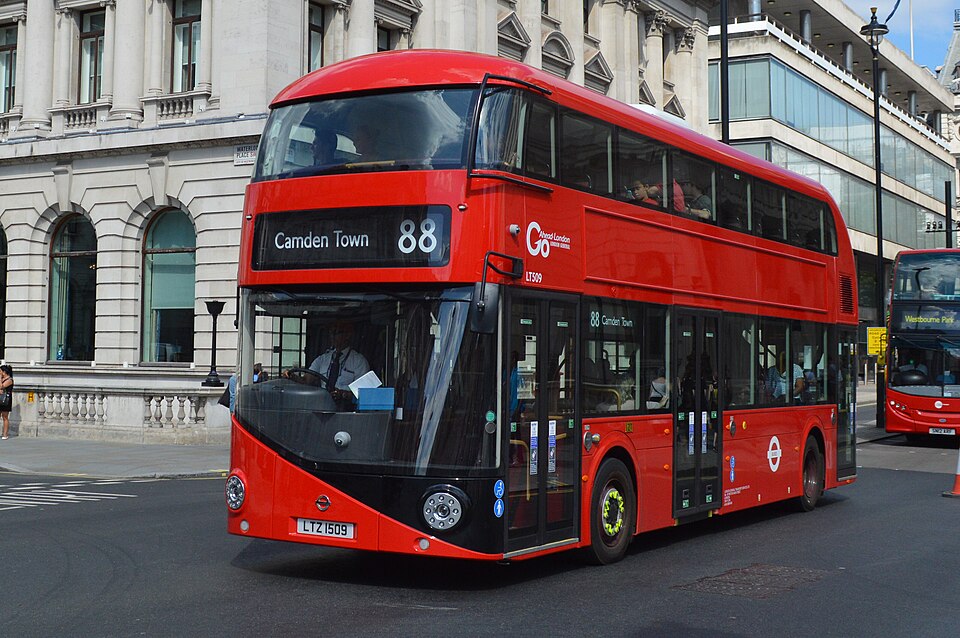
Campaigners are calling for free public transport across London, arguing it would cut pollution, tackle inequality, and make the city fairer for everyone.
London’s Tube network is already one of the most expensive in the world, and fares are set to keep rising above inflation until 2030. For many Londoners, that’s making travel unaffordable — and pushing some back into cars, worsening congestion and air quality.
Currently, Transport for London (TfL) relies heavily on passenger fares for its income. In 2023-24, fares brought in £5.24bn, with a projected £5.7bn expected in 2025-26. By comparison, TfL raised £1.6bn from advertising and the Ultra Low Emission Zone (Ulez), and £2.7bn from government grants.
How much does travel cost now?
A single Tube journey: £2.50–£3.80 (Oyster/contactless, depending on zones and time of day)
Daily cap: £8.90 (zone 1), £16.30 (zones 1–6)
Weekly cap: £81.60 (zones 1–6)
Buses and trams: £1.75 per trip, capped at £5.25 per day
Cash isn’t accepted on buses or trams
Even with discount schemes for children, students, older people, jobseekers, and disabled passengers, many Londoners still struggle with costs.
‘We need a complete rethink’
Fare Free London, the campaign group pushing for change, says the current system is broken. They point to cities like Tallinn (Estonia) and Belgrade (Serbia), which already run fare-free systems, as proof that it can be done.
Simon Pirani, one of the campaign’s organisers, believes scrapping fares would have wide-reaching benefits.
Hee said: "In London, the high level of fares is hitting people across all age groups in terms of being able to travel to find work, travelling to and from work and in terms of social isolation. We need a complete rethink about how the transport system is paid for.
London has a much better transport system compared to other UK cities, but it's very expensive”.
Earlier this month, the House of Commons Transport Committee suggested free bus travel for under-22s in England to help young people access work and education. Campaigners say that’s a step in the right direction, but want the policy extended to all Londoners, across all modes of transport.
A TfL spokesperson said decisions on fares ultimately rest with the mayor, but government funding is tied to annual fare increases of inflation plus 1%. Photo by Martin49 from London, England, Wikimedia commons.




































